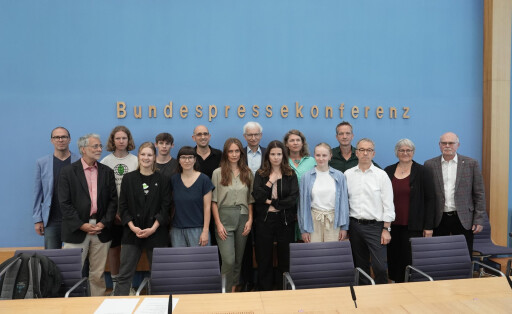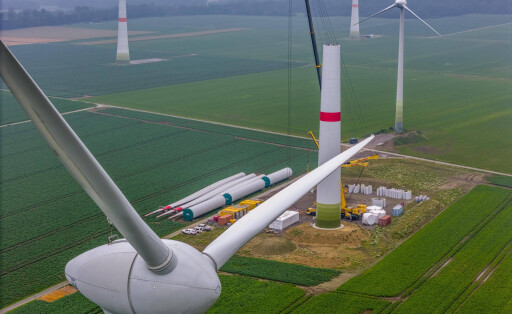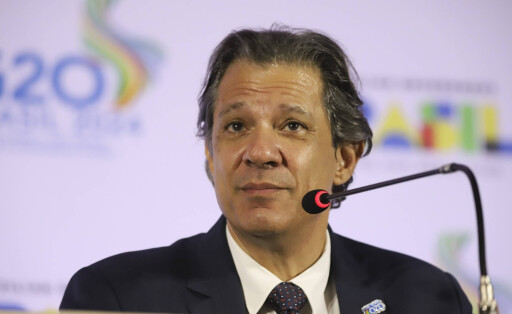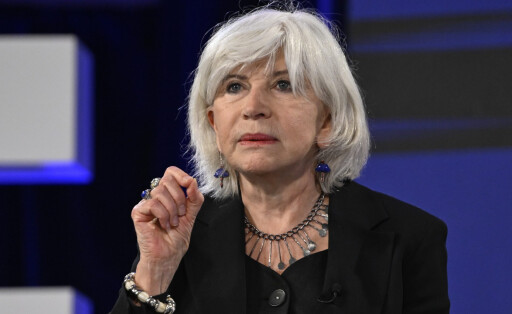
'Climate check' to examine laws for CO2 emissions
The governing coalition has promised to introduce a "climate check" for new laws to assess new regulations for their contribution to global warming. The first plans for what such a procedure could look like are now becoming known.
By Bernhard Pötter









